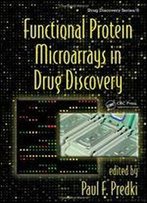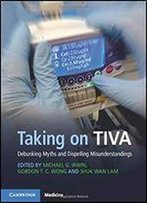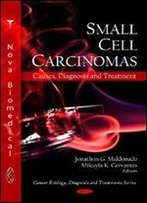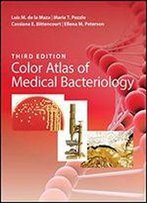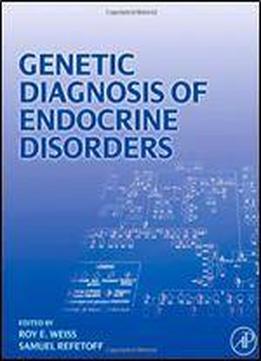
Genetic Diagnosis Of Endocrine Disorders
by Roy E. Weiss /
2010 / English / PDF
21 MB Download
Since the beginning of the current century, endocrine disease diagnosis and treatment have moved beyond the standard hormone measurements. While, indeed elevated thyroid hormone levels or low insulin levels signal a specific endocrine disease, correct diagnosis (and therefore correct treatment) depends on an understanding of the molecular basis for the disease. This book presents the "bench to bedside" approach of our understanding of the genetic basis for endocrine disease. It is organized by endocrine grouping (e.g. Thyroid, Pancreas, Parathyroid, Pituitary, Adrenal, Reproductive and Bone) and genetic/molecular basis for the diagnosis of the various disorders will be discussed. Emphasis will be placed on the practical nature of diagnosing a disease. For example: 1. Which tests should be done for the diagnosis of Diabetes mellitus Type I in children who presented at less than 6 months at less than 12 years, in adulthood, etc., and why should those tests be done? 2. Which genes should be evaluated for subjects with congenital hypothyroidism 3. Which genetic tests should be ordered in obesity? 4. Which genetic test should be ordered in a patient with Parathyroid Carcinoma? 5. What is the rationale behind testing for Multiple Endocrine Neoplasia?
The field of genetic diagnosis of disease is exploding now, with multiple laboratories developing tests for current clinical use. Most practicing endocrinologists, pediatricians and internal medicine physicians don't understand which test to order, how the tests are done, or how to interpret the results. One of the most exciting development in medicine today is the pharmacogenomics revolution - enocrinologists and geneticists need to understand how personalized medicine will fit into the daily care of patients. While this is a quickly growing area and there are textbooks on pharmacogenomics, there is no one source for the spectrum of Endocrine diseases.
* Selected for inclusion in Doody's Core Titles 2013, an essential collection development tool for health sciences libraries
* Presents a comprehensive, translational look at all aspects of genetic diagnosis of endocrine disorders in one reference work
* Endocrinology experts (the researchers who discovered the majority of the gene mutations for a particular disease) teach readers about the molecular basis for diseases in each major endocrine organ system
* Clear presentation by geneticists of pharmacogenetics and the actual assays used in detecting endocrine diseases
* Genetic counselors offer expert advice on how to use genetic information in counseling patient


